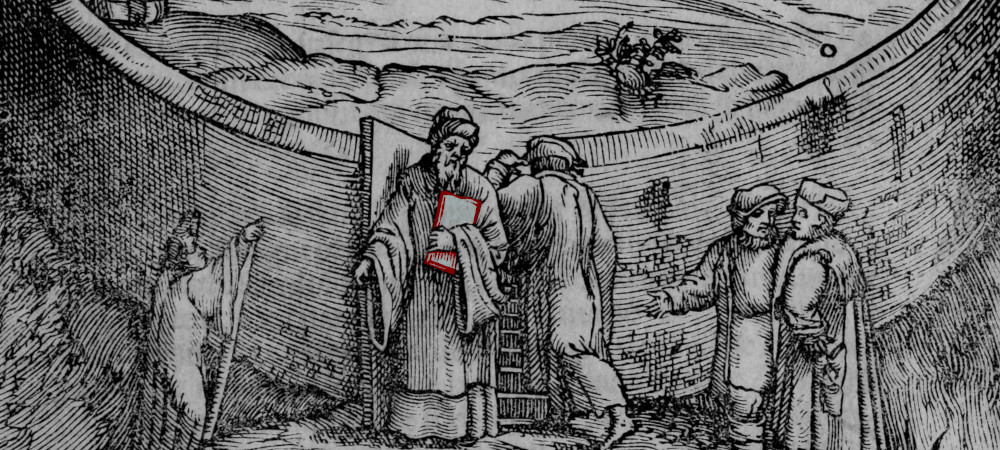Hildebrand on Sin and Sanctity
We have now to emphasize that the real antithesis to pharisaism and all forms of self-righteousness is to be found in the humility and charity that we find in a saint. The saint—and not the tragic sinner—is the antithesis to the pharisee and the self-righteous man. Humility necessarily implies a consciousness of our sinfulness and imperfection, but clearly it does not presuppose sinning, a blatant disobedience of any moral commandment. In the saints we find the deepest and most vivid consciousness of their unworthiness and sinfulness—notwithstanding the fact that they abstain from sinning. They clearly testify to the fact that humility in no way presupposes sin, and that it is a grave error to deal with sin as the antithesis of pharisaism and self-righteousness.1
Here we see drawn together several important observations about humility and sin. People often say that they are “only human” or that “nobody’s perfect.” The underlying thought is that humility requires this belief and that means they must accept the fact that they will go on sinning. Here, however, we have the important distinction between an awareness of our frailty and a complacency with our sin. The Christian ideal requires full repentance from sin and at the same time an awareness of our own weakness and former sin.
We will always find it psychologically impossible to hold these two ends together so long as we conceive the moral struggle in solitary terms. If I, like the ancient ethical Greek, attempt to train virtue within myself under my own power and with my own solitary resources, I must inevitably lapse into either despair (because I keep on failing) or pharisaism (because I convince myself that I am morally excellent in a way that others are not). Only by introducing a deep awareness of supernatural grace can the Christian saint simultaneously walk free from sin and walk in humility toward others. This awareness only becomes possible once we step out of ethical solitude into an I–Thou encounter with a holy and merciful God.
Dietrich von Hildebrand, Morality and Situation Ethics (Hildebrand Press, 2019), 92.↩︎
